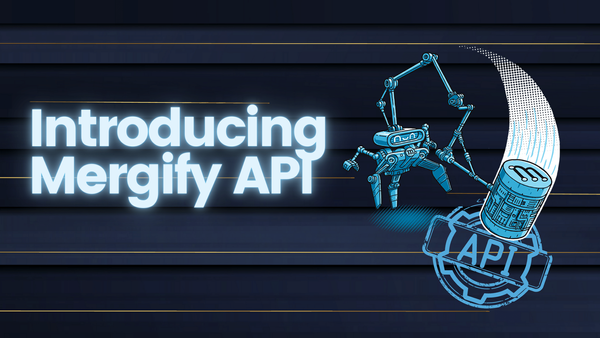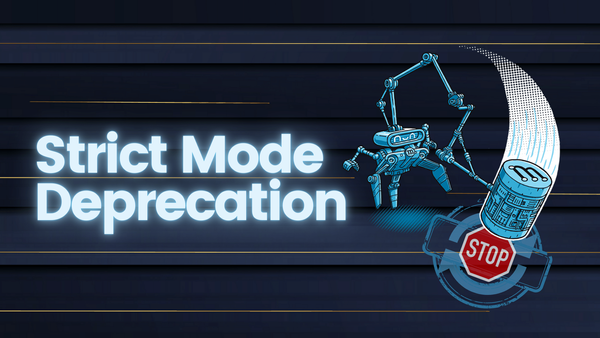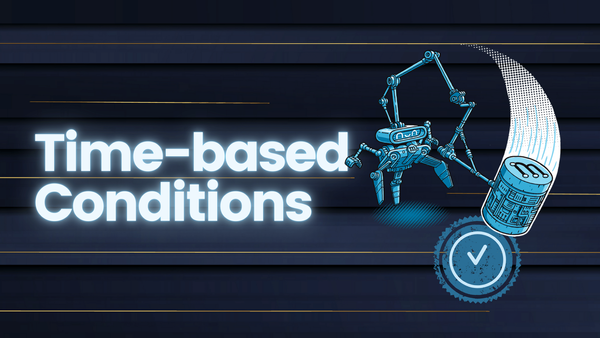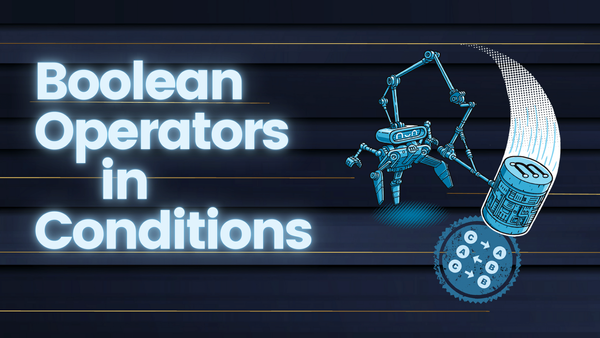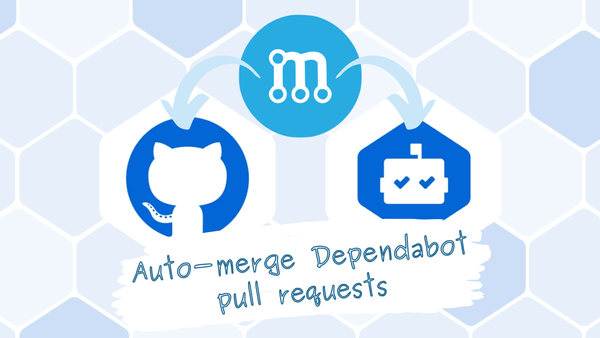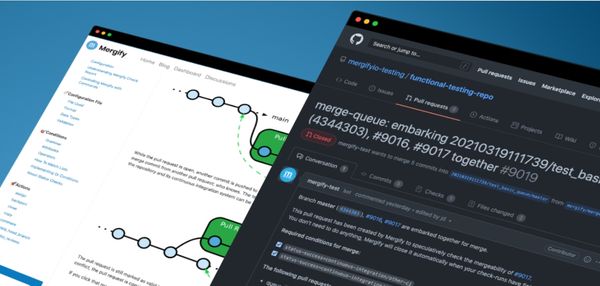
How We Do It
Speculative Checks and Batch: Under the Hood
If this title does not ring a bell, you might need to read first what a merge queue is, what problem speculative checks solve, and how mixing speculative checks and batching can save you a lot of time. Go ahead. We'll wait. Now that you have an idea


